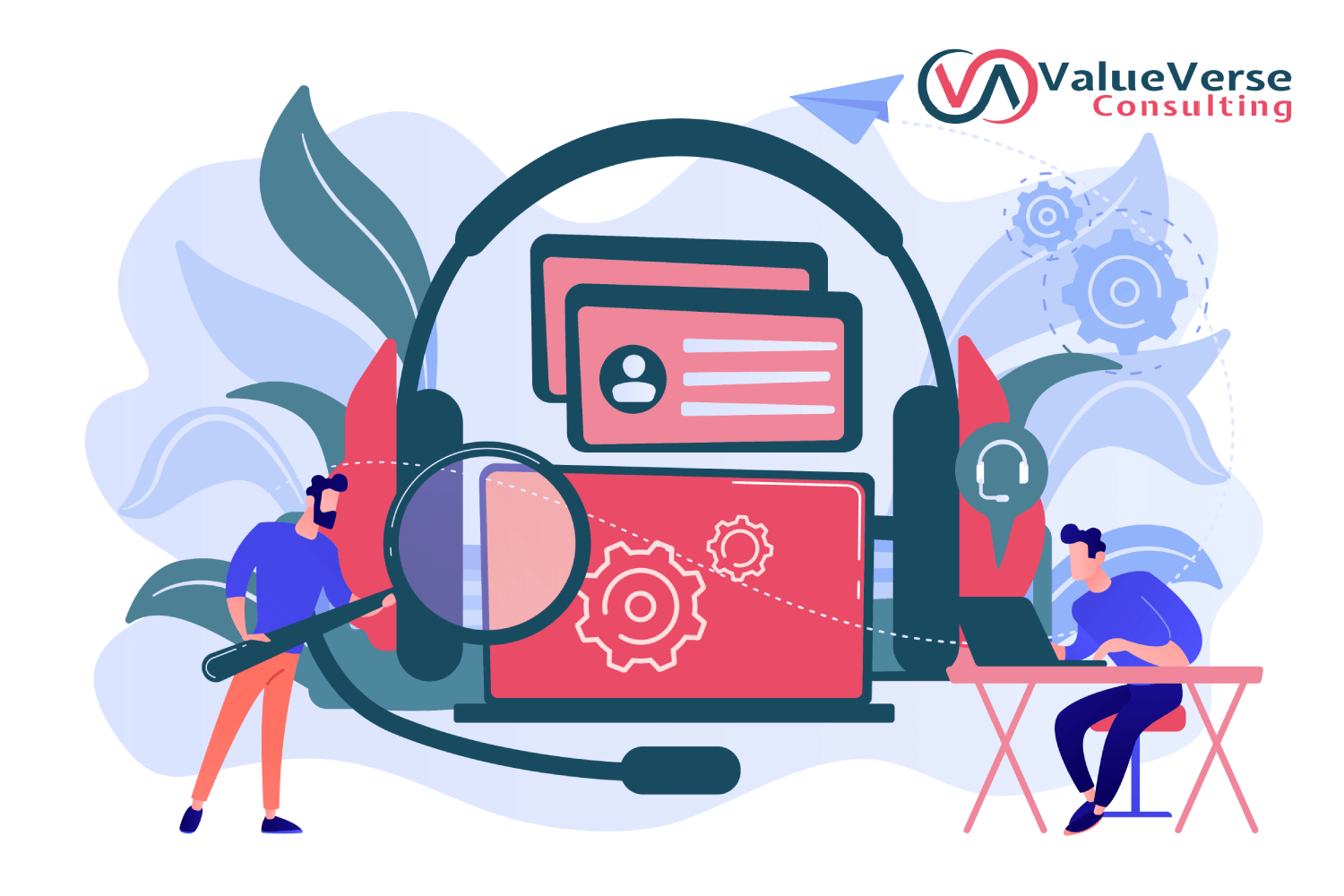Implementing Oracle Human Capital Management (HCM) is a significant milestone for any organization, providing streamlined processes, increased efficiency, and powerful tools for managing your workforce. However, the journey doesn’t end with the go-live moment. The post-implementation phase is crucial to ensuring the system functions optimally and delivers the value your organization expects. Here’s what you can expect after Oracle HCM goes live and how to navigate this phase successfully.
1. Stabilization Period
Immediately after go-live, your system enters a stabilization period. During this time, users adjust to the new system, and issues may surface as real-world usage highlights gaps or inefficiencies that weren’t apparent during testing.
- User Adoption: Employees may need time to familiarize themselves with Oracle HCM’s interface and features. This can involve additional training and continuous user support.
- Initial Troubleshooting: It’s common to encounter minor issues, such as integration hiccups, unexpected system behaviors, or reporting errors. A dedicated team for post-go-live support is essential to address these quickly.
What to Do:
- Provide additional training and resources, including guides and one-on-one sessions for users struggling with adoption.
- Establish a system for reporting and resolving issues, ensuring that every challenge is met with a swift response from the technical support team.
2. Ongoing Technical Support
Once the stabilization phase is over, your Oracle HCM system requires consistent monitoring and maintenance to remain efficient. Ongoing technical support will help in managing routine updates, troubleshooting any technical issues, and ensuring the overall health of the system.
- System Monitoring: Regular performance monitoring is essential to catch and address any slowdowns, system errors, or bugs that can disrupt business processes.
- Updates and Patches: Oracle releases frequent updates and patches that need to be applied to your HCM system. These updates not only improve performance but also provide security enhancements.
What to Do:
- Create a maintenance schedule that includes periodic check-ins to assess system health, address new issues, and apply patches.
- Ensure that your IT team or a managed services partner has a clear process for deploying updates to avoid any downtime or compatibility issues.
3. Optimization and Continuous Improvement
After the initial implementation, the focus shifts from just keeping the system running to getting the most value out of it. This involves system optimization, fine-tuning processes, and leveraging Oracle HCM’s full potential.
- User Feedback: Collect regular feedback from end users to understand where the system might be falling short or where enhancements can be made.
- Process Optimization: Review business processes that the system manages to ensure they are efficient and aligned with your strategic goals. Customization or configuration tweaks may be necessary for better alignment.
- New Features: Oracle HCM frequently releases new features. Staying updated on these enhancements allows you to use more advanced tools to meet evolving organizational needs.
What to Do:
- Plan for periodic system audits, ensuring that you’re not just maintaining the status quo but actively improving system performance and usability.
- Set up regular review sessions to consider new features and updates that can enhance HR processes.
4. Ongoing Training and Support for Users
No matter how intuitive the system is, continuous training is crucial for maintaining high user engagement and productivity.
- Role-Based Training: Different roles within the organization will use Oracle HCM differently. Tailored training for each role ensures that every user knows how to make the most of the system.
- New Employee Onboarding: As new employees join, it’s important to have a streamlined process for getting them up to speed on how to use Oracle HCM.
What to Do:
- Develop a comprehensive training program that includes initial onboarding, refresher courses, and updates whenever the system is upgraded.
- Ensure there are dedicated resources, like help desks or support teams, that users can turn to for ongoing assistance.
5. Vendor Support and Relationship Management
Oracle offers different levels of support depending on your subscription, including technical assistance, customer service, and product updates. Establishing a good relationship with Oracle and your implementation partner can streamline issue resolution.
- Oracle Support: Ensure that your organization understands the support services available and knows how to contact Oracle for critical issues.
- Managed Services: Some organizations opt for managed service providers (MSPs) to handle Oracle HCM’s ongoing maintenance and support, allowing internal teams to focus on strategic tasks.
What to Do:
- Regularly engage with Oracle’s support team and your implementation partner to ensure they’re aligned with your business goals.
- If necessary, partner with an MSP to manage day-to-day support, freeing up your IT team for more strategic projects.
6. Security and Compliance
Post-implementation, your Oracle HCM system must meet security and compliance standards, especially when handling sensitive HR data.
- Data Privacy: Oracle HCM stores a large amount of personal employee information, making it vital to ensure the system is fully secure and meets regulatory requirements like GDPR or HIPAA.
- Audit and Compliance: You’ll need to regularly audit the system to ensure compliance with both internal policies and external regulations.
What to Do:
- Establish a governance structure that includes routine security audits, access control reviews, and compliance checks.
- Stay updated with Oracle’s security patches and ensure your IT team implements them in a timely manner.
Conclusion
Post-implementation support for Oracle HCM is a continuous process of monitoring, optimization, and user support. After the go-live phase, it’s essential to have a robust support structure in place to address initial challenges, provide ongoing technical assistance, and ensure the system evolves with your business needs.
ValueVerse Consulting can provide you all the post implementation support and lets you focus on your core business. your organization. Contact us today for smooth post implementation support.





